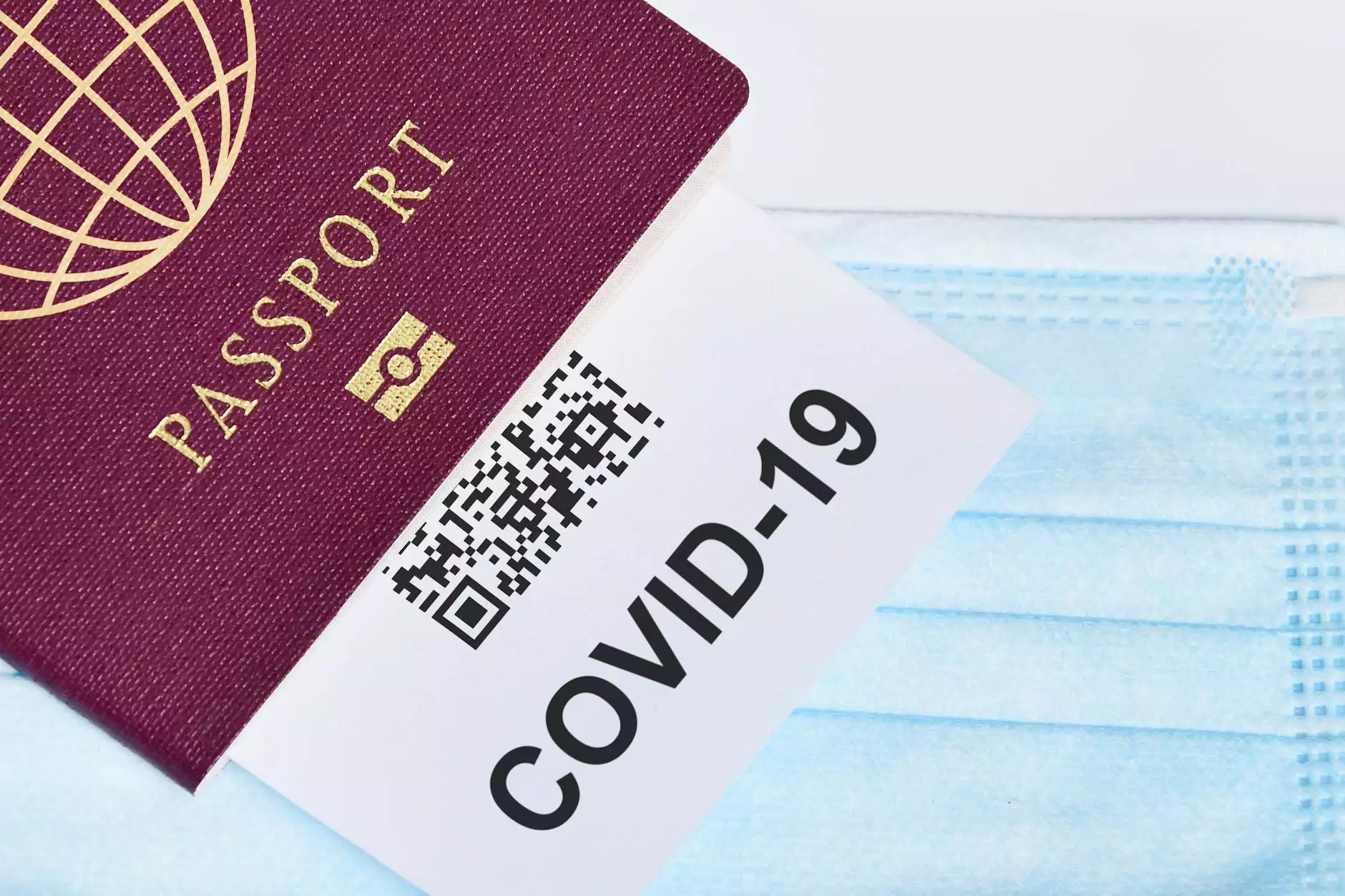Enhance Your Career with Medical Billing Courses

In today’s dynamic healthcare landscape, medical billing courses provide an essential stepping stone for those seeking to elevate their careers in the medical field. With the increasing complexity of healthcare regulations and the financial aspects of patient care, professionals equipped with specialized knowledge in medical billing are in high demand. This article explores the significance of these courses, the skills they impart, and how they position graduates for success in a thriving industry.
Understanding Medical Billing
Medical billing is a vital process in the healthcare system, serving as the bridge between healthcare providers and insurers. It involves creating and submitting claims to insurance companies and ensuring that healthcare practitioners receive timely reimbursement for their services. Here's why medical billing is crucial:
- Revenue Cycle Management: Medical billing is an integral part of the revenue cycle, ensuring that healthcare facilities are compensated for their services.
- Insurance Verification: Medical billers must verify patient insurance coverage and eligibility before services are rendered.
- Regulatory Compliance: They ensure compliance with healthcare laws and regulations, avoiding legal issues for healthcare providers.
- Patient Billing: Medical billing professionals also communicate with patients regarding their bills, collections, and financial obligations.
The Role of Medical Billing Courses
Enrolling in medical billing courses provides individuals with the foundational knowledge required to excel in this field. These courses cover various aspects of medical billing and coding, with a focus on practical application. Here’s what you can expect to learn:
1. Fundamentals of Medical Terminology
A solid understanding of medical terminology is essential for effective communication in the healthcare environment. Courses teach you the basis of medical terms which include:
- Anatomy and Physiology: Understanding body systems and their functions.
- Common Diseases and Conditions: Knowing various diseases helps in accurate billing and coding.
2. Medical Coding Systems
Medical coding is a critical component of medical billing. Students learn about various coding systems, including:
- ICD-10: International Classification of Diseases, essential for diagnosis coding.
- HCPCS: Healthcare Common Procedure Coding System for outpatient services.
- CPT: Current Procedural Terminology, used for billing outpatient and surgical services.
3. Billing Procedures and Practices
Courses offer in-depth insights into billing procedures, including:
- Claim Submission: The process for submitting claims to insurance companies.
- Denial Management: Strategies for handling denied claims efficiently.
- Patient Billing: Best practices for communicating with patients regarding their bills.
Benefits of Enrolling in Medical Billing Courses
Choosing to take medical billing courses comes with numerous advantages. Here are the key benefits:
1. Enhance Your Job Prospects
With a certification in medical billing, you increase your employability in a competitive job market. Employers seek certified professionals who understand the intricacies of medical billing.
2. Acquire Specialized Knowledge
The healthcare industry is continually evolving. Attending these courses keeps you updated with the latest billing practices and standards, making you a valuable asset.
3. Flexibility of Learning
Many institutions offer online medical billing courses, allowing you to learn at your own pace and schedule. This flexibility encourages individuals with other responsibilities to pursue their educational goals.









